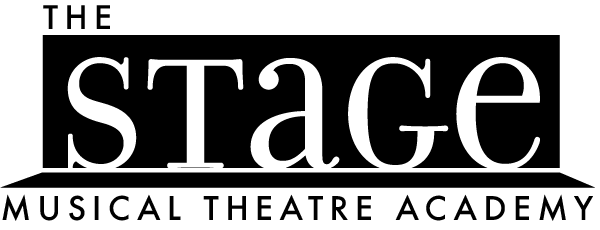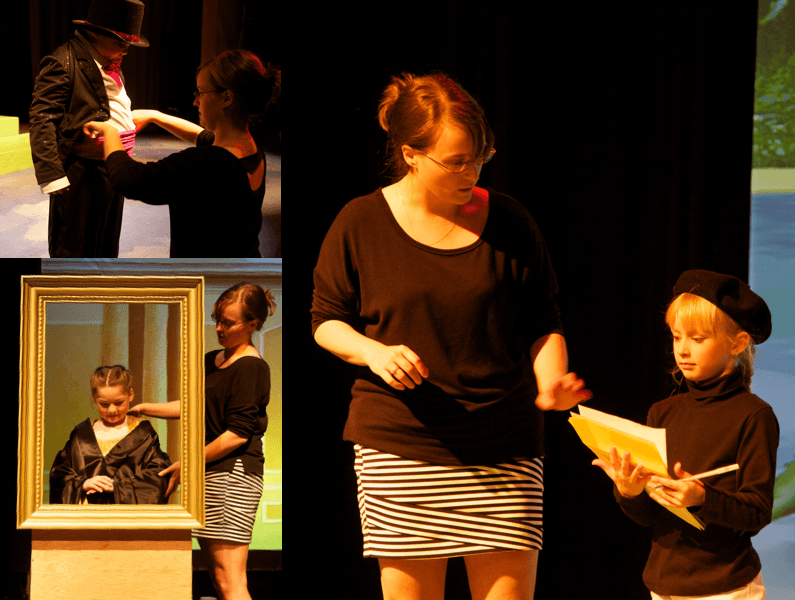Music is a powerful force that has been within us since our ancestors roamed the earth and used instruments to channel the forces of nature. Now, whether it worked or not is a question for anthropologists, but the fact remains that sound and music was considered powerful enough to change the laws of nature.
And now we’re lucky if our public schools even have a regular music class taught by a trained music educator.
Music may be the only magic we have left in our world. We have all seen the quotes floating around Facebook, Twitter and Pinterest. It is what does us in emotionally when watching movies like “Up”, even though we fully recognize we are watching figments of someone’s imagination sketched in a computer, we cannot help but all of a sudden relate and feel as if we are intimately sharing these moments as they happen.
Do we feel that our musical needs are met with films, the radio, advertising, i(insert pods, pads, phones), elevators (although think of the last time you were in an elevator that had music) and concert attendance? While all of these expose us to music, how do they actively engage us? Perhaps concert attendance, singing to the radio in the car, or dancing to your iPod at home are good examples of engagement with sound, but how often does that happen versus listening to the tinny shopping mall music, or having the radio on at work in the background while you go about your business, or not even realizing that a commercial for a product had a song until you find yourself humming something familiar in the shower one morning (Alarm Force anyone?)
By and large our exposure to music is passive. It happens because it’s become comfortable for us, we like music when we shop, and we like it on in the background at parties because it fills uncomfortable silences. Perhaps this is why we no longer revere music in the way our ancestors did. We are so constantly immersed in its presence that we feel if music was going to affect my life, wouldn’t I notice it doing so every day?
Active engagement in music is what is called for. You cannot reap the benefits of a fitness dvd by watching it, you cannot climb a mountain by looking at it, you cannot give your child the benefits of a music education by placing them in front of the latest Infant Inventor series. Active engagement is what is necessary; instrumentlessons, dance classes (or jamming to something at home), music classes are methods of actively engaging your child in music development.
The science is there to support these arguments. I don’t think I’ve yet come across an article that notices measurable differences in brain development after watching 100 hours of classical music played by symphonies, if there is one out there, let me know.
I am not claiming that music lessons will teach your child to summon hurricanes. But, while it may not change the weather, science is now further exposing how music effects our entire being, not only is it enjoyable, it is incredibly beneficial, even if your child has no ambition of ever becoming a concert pianist.
Resources
- Hearing is a natural function, listening is learned. This article discusses how active music making increases our ability for language: http://www.violinist.com/blog/laurie/20151/16534/
- How soon can my child begin benefitting from music? Early!: http://www.juliewyliemusic.com/old/pages/Babies&Music.pdf
- Weathering a storm? Music may help children with their emotional and behavioural regulation skills.: http://www.washingtonpost.com/news/speaking-of-science/wp/2015/01/07/music-lessons-spur-emotional-and-behavioral-growth-in-children-new-study-says/



